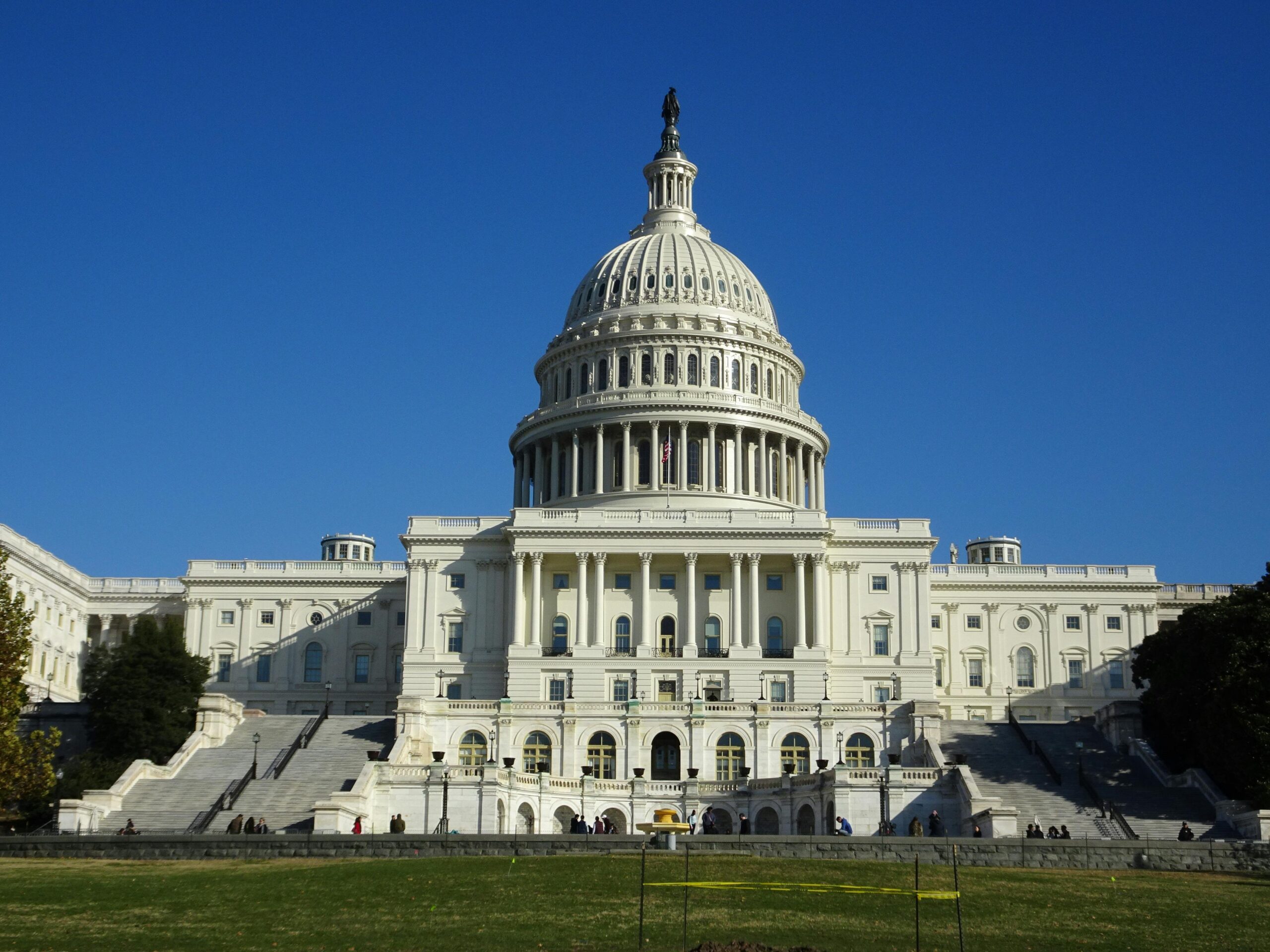A US report has claimed China’s AI chatbot giant DeepSeek poses a “profound threat to national security.” and has recommended the Government take all measures to “prevent and prepare for a strategic surprise”.
DeepSeek’s launch sent shockwaves through equity markets in late January 2025, wiping out nearly a trillion dollars in US technology value and causing Nvidia to lose close to $600 billion in market cap, the largest single-day loss in history.
The report, produced by a committee on strategic competition between the US and China, explained that while DeepSeek presents itself as another AI chatbot, closer inspection reveals that the app “siphons data back to the People’s Republic of China (PRC), creates security vulnerabilities for its users,” and relies on a model that “covertly censors and manipulates information pursuant to Chinese law”.
Equally troubling, the committee claimed, the model appears to have been built using stolen U.S. technology on the back of US semiconductor chips that are prohibited from sale to China without an export license and when it was released, PRC-affiliated social media accounts amplified and celebrated the model.
“Unlike American AI companies, which impose safeguards to limit genuinely harmful content, DeepSeek functions as a digital enforcer of the Chinese Communist Party, suppressing discussions on topics such as democracy, Taiwan, Hong Kong, and PRC human rights abuses. The model’s responses do not just echo Beijing’s messaging, they actively erase dissent, ensuring that only Party-approved narratives reach users,” the executive summary read.
In 2022, the Biden administration banned exports of top-tier AI chips (A100/H100) to China, fearing military AI use. However, NVIDIA, a US-based chip company, responded by making China-specific downgraded chips (A800/H800) with slower data transfer rates to comply and, according to the report, evading U.S. restrictions through intermediary countries.
The chief executive of the American chip maker visited Beijing just last week, days after the US issued fresh restrictions on sales of the only AI chip it was still allowed to sell to China.
“Some in the industry have claimed that the U.S. holds an 18-month AI lead, but that obfuscates reality -it’s closer to three months, an US AI Executive warned within the document.
While The House Select Committee on the CCP’s report frames China’s AI development as a unique threat, it ignores identical U.S. practices such as the Pentagon’s funding of AI through DIU and contracts with Google (Project Maven), Microsoft (JEDI), and Palantir for warfare algorithms. It warns of Chinese “data espionage” while the NSA’s PRISM program harvests global data and the CIA infiltrated Huawei (Operation Shotgiant).
The committee recommended for the US Government to take swift action to expand export controls, improve export control enforcement, and address risks from People’s Republic of China’s AI models, and prevent and prepare for strategic surprise related to advanced AI.
It also explicitly recommends to monitor, through the commerce department and other appropriate departments and agencies, China’s AI progress toward highly advanced AI systems (such as artificial general intelligence). This work could involve identifying entities, researchers, data centres, energy projects, and chip smuggling networks that are most critical to PRC progress toward highly advanced AI.
It is unclear if a ban of DeepSeek is in store for American citizens.
Find the full report here.
Call for trade mission for Malta-based businesses to Wales and Liverpool
Interested parties are invited to e-mail TradeMalta by not later than Tuesday 17th March
Malta sets birth rate growth targets after years of decline
Vision 2050 envisages gradually increasing birth rate from 1.01 to 1.3 by 2035
Wolt Market unveils refreshed identity in Malta
Expanded partnerships with Maltese producers, upgraded fresh food categories, all in vibrant green – Wolt Market marks a new milestone






